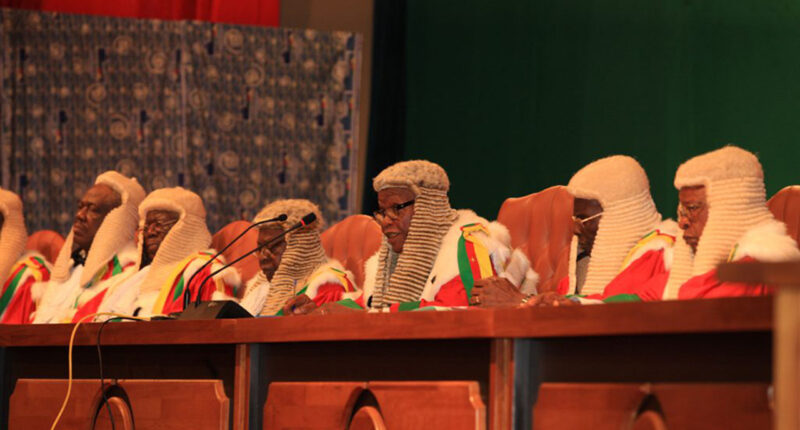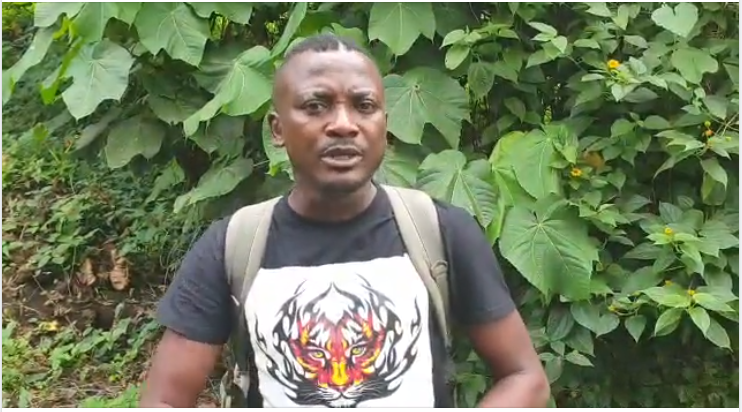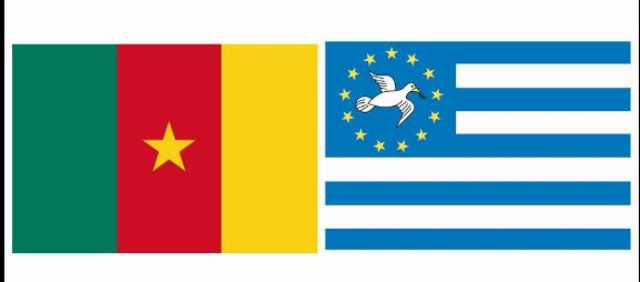In a swift and decisive session on Wednesday, Cameroon’s Constitutional Council rejected the post-election petitions lodged against the October 12 presidential vote, a ruling that many see as a coordinated effort to seal a predetermined outcome and silence popular demands for an honest count.
Officials and media reports differ on the exact tally of petitions dismissed: Reuters and other outlets report that the court dismissed all ten petitions before it, clearing the way for the Council to proclaim final results; state and external agencies say 11 petitions were initially filed and that, after three withdrawals, eight cases remained and were ultimately dismissed as either inadmissible or unproven. The discrepancy underlines the opacity that has marked the post-vote process.
other outlets report that the court dismissed all ten petitions before it, clearing the way for the Council to proclaim final results; state and external agencies say 11 petitions were initially filed and that, after three withdrawals, eight cases remained and were ultimately dismissed as either inadmissible or unproven. The discrepancy underlines the opacity that has marked the post-vote process.
Council President Clément Atangana presided over hours of hearings, during which judges said some complaints were formally admissible but found the substantive evidence lacking, while others were declared inadmissible or beyond the Council’s jurisdiction. The rulings effectively remove judicial obstacles to the formal proclamation of results, a step now scheduled for no later than October 27 under the electoral code.
Opposition forces and civil society condemned the rulings. Issa Tchiroma Bakary, who has publicly published field tallies claiming victory, refused to subject his camp to what he calls a “truncated” and compromised judicial procedure, choosing not to lodge a formal appeal he believes would be ignored. Civic movements warned the court against endorsing results perceived as fraudulent, arguing that rejection of the petitions without a full, transparent inquiry would only fuel unrest.
Today’s dismissals come amid an already tense security environment: protests and clashes have been reported in several northern cities, with security forces heavily deployed in major urban centres. International and local observers say the Council’s rulings, issued so quickly and with limited public explanation, further erode confidence in state institutions and risk provoking wider unrest if the people’s demand for the truth of the urns is not addressed.
For many in Ambazonia and across English-speaking regions, the episode confirms long-standing suspicions that Yaoundé’s institutions will close ranks to protect the old order rather than deliver justice. The legal dead end created by the Council’s decisions leaves political actors and citizens with few peaceful avenues to press for accountability, a dangerous vacuum in a country already teetering on the brink of deep divisions.
As the state tightens its grip on the narrative, Bareta News urges vigilance and patience among our readers; the people demand the truth, and any attempt to suppress that demand will only deepen the crisis. We will continue to follow developments and publish verified facts as they emerge.
By Lucas Muma





